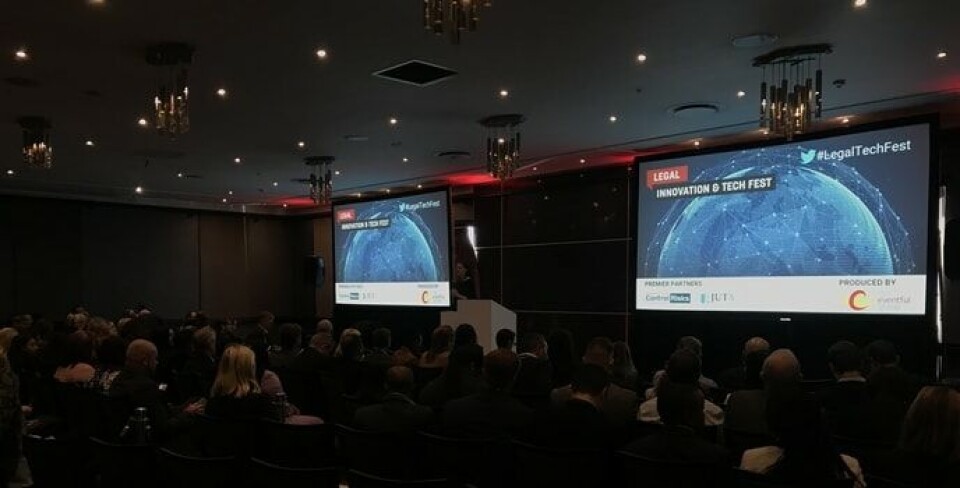Copyright : Re-publication of this article is authorised only in the following circumstances; the writer and Africa Legal are both recognised as the author and the website address www.africa-legal.com and original article link are back linked. Re-publication without both must be preauthorised by contacting editor@africa-legal.com
Law Firm In a Box for Africa

Tech like Artificial Intelligence will enable law firms to cost-effectively expand across Africa. Bernadette Wicks reports from the Legal Innovation and Tech Fest underway in Johannesburg.
A multinational law firm is bringing first-world technology, like artificial intelligence (AI), to its operations on the continent and using a platform it describes as “built - from the very beginning - with Africa in mind,” to do it.
Dentons’ ‘law-firm-in-a-box’ equips legal professionals in countries including South Africa and Kenya with access to digital tools which, global chief information officer Marcel Henri says, their colleagues in developed markets such as North America, Australia and Singapore have been using “probably for the best part of the decade”.
“I think that’s the biggest opportunity for our colleagues here,” Henri said on Monday.
He was delivering a keynote address at the second annual Legal Innovation and Tech Fest, in Johannesburg.
The two-day event brings together industry leaders from around the globe to explore “the people, technology, ideas and innovations that are literally transforming the way law firms and in-house legal teams operate”.
Henri’s address, entitled ‘Making sustainable technology investments,’ looked at how technology could be leveraged in the practise of law and used as a differentiator.
“Our ambition is to have a presence in most African jurisdictions but it’s cost-prohibitive to build the same digital capabilities everywhere,” he said.
To address this, Dentons has instead developed a digital service, which allows firms to build the capabilities that bigger institutions expect of them.
“You’ve got the core capabilities and the discretionary options,” explained Henri
Capabilities like cyber security, document management and billing are hosted in Johannesburg thereby doing away with the need to build these in the countries in which they are utilised. And as the firm grows in Africa, the cost of ownership actually decreases.
“Because you only build a platform once,” noted Henri.
The “discretionary options” - included here are document automation, voice recognition and AI - are made available on an opt-in basis, through this shared infrastructure or space.
These technologies are poised to reshape the way the sector functions, in terms of its back- and front-end operations.
They have the potential to dramatically reduce the number of human hours required to prepare court documents, thereby increasing a firm’s capacity to deal with multiple matters at once and decreasing the individual client’s fees.
In a recent article for the Daily Maverick, Managing Director at LAW FOR ALL Jackie Nagtegaal, also pointed to the potential that exists to apply these technologies more broadly in the justice system, in court reform as well as for online dispute resolution (ODR) and legal education and advice.
“The technology could be the answer to the legal woes of billions of people who don’t seek the help of a lawyer due to the enormous barriers to justice,” she wrote, “In the future, technology will play the most important part in improving access to justice in South Africa”.
To read more from the event click here
